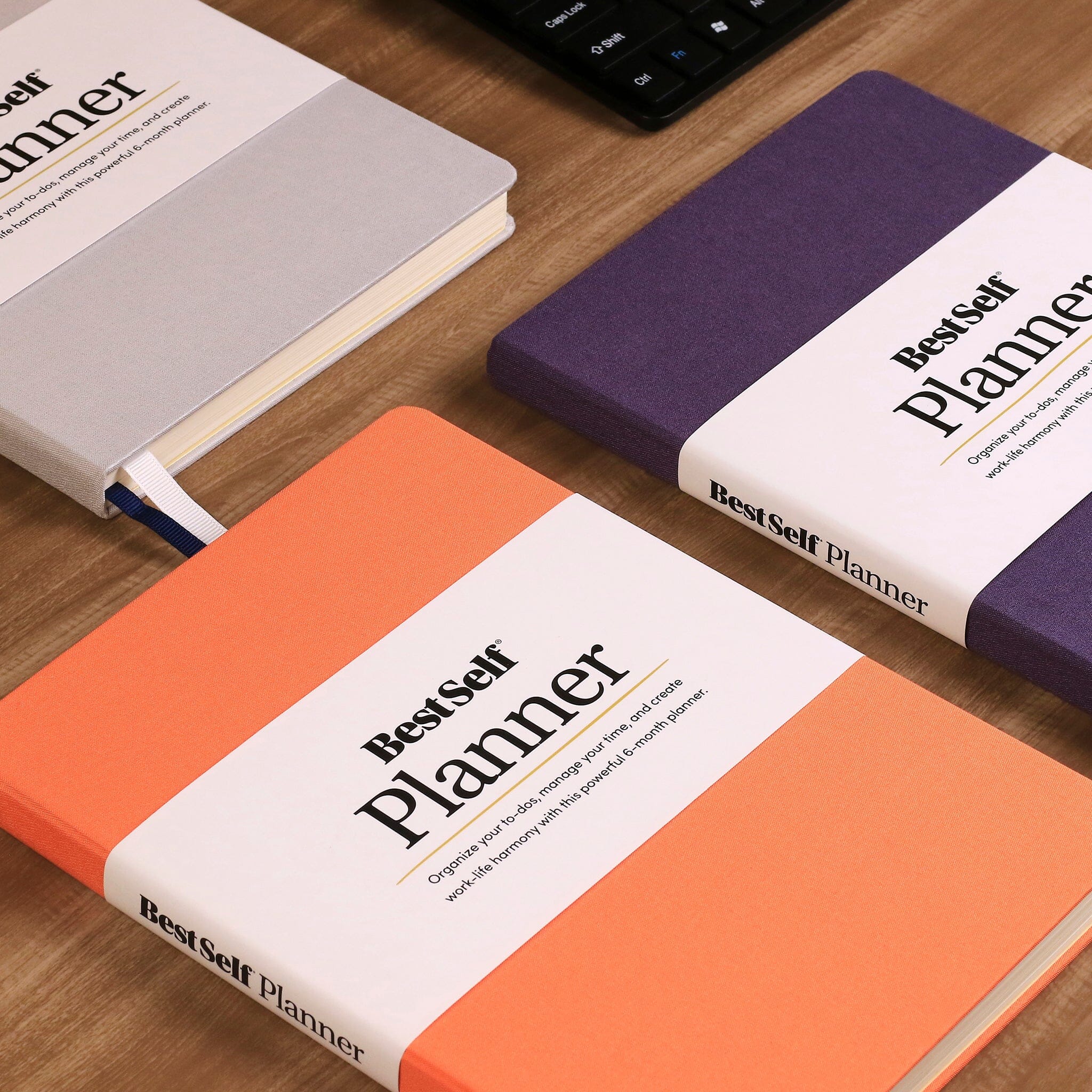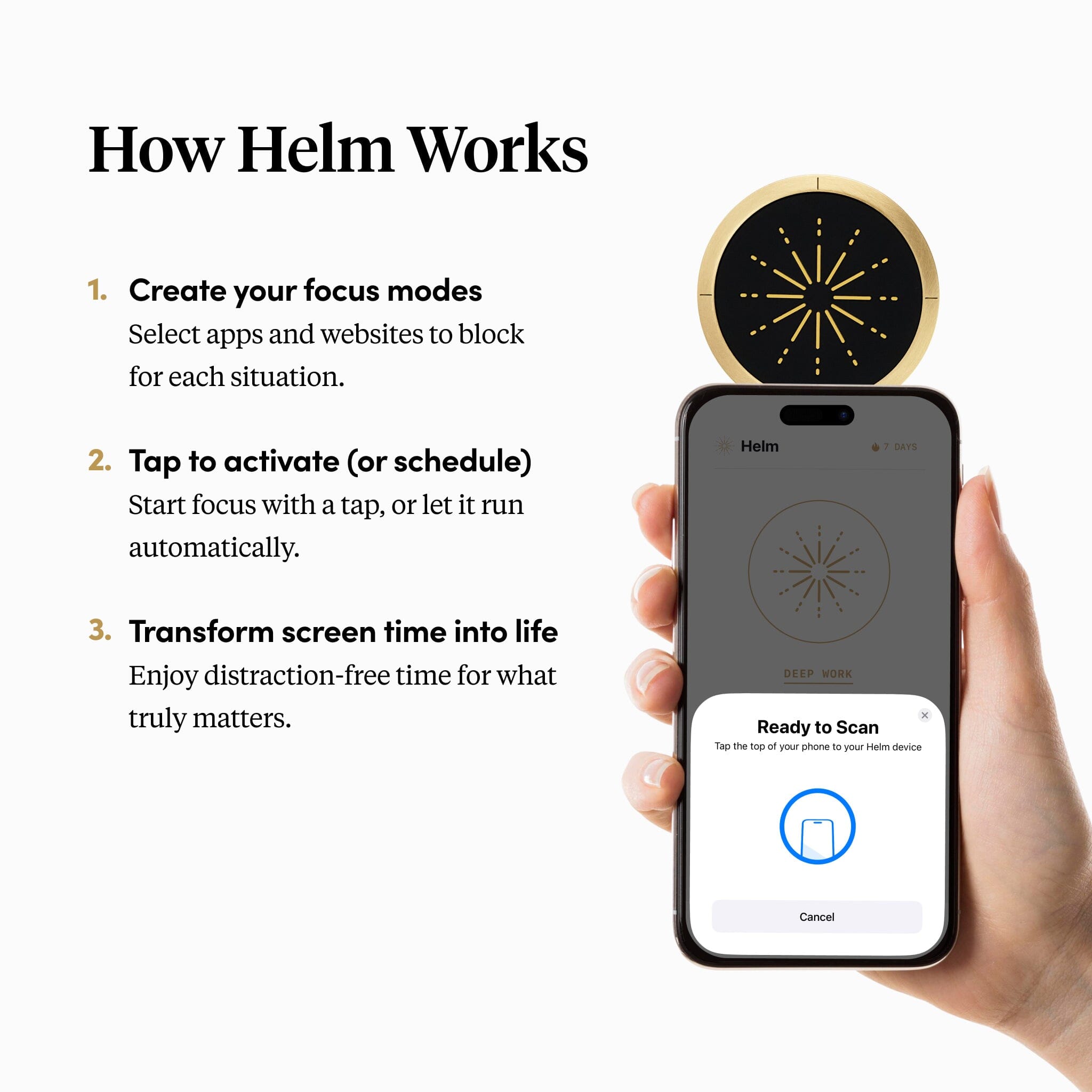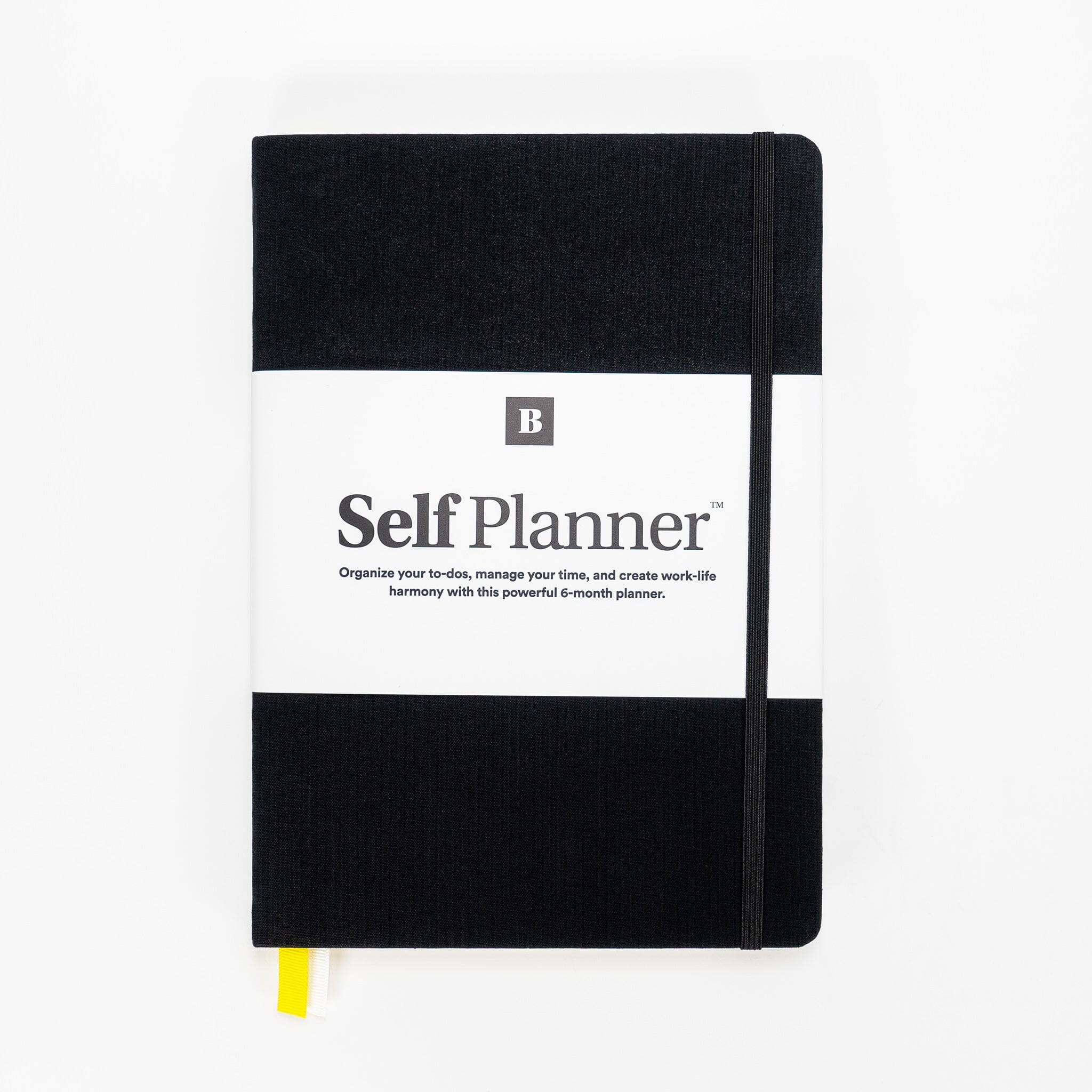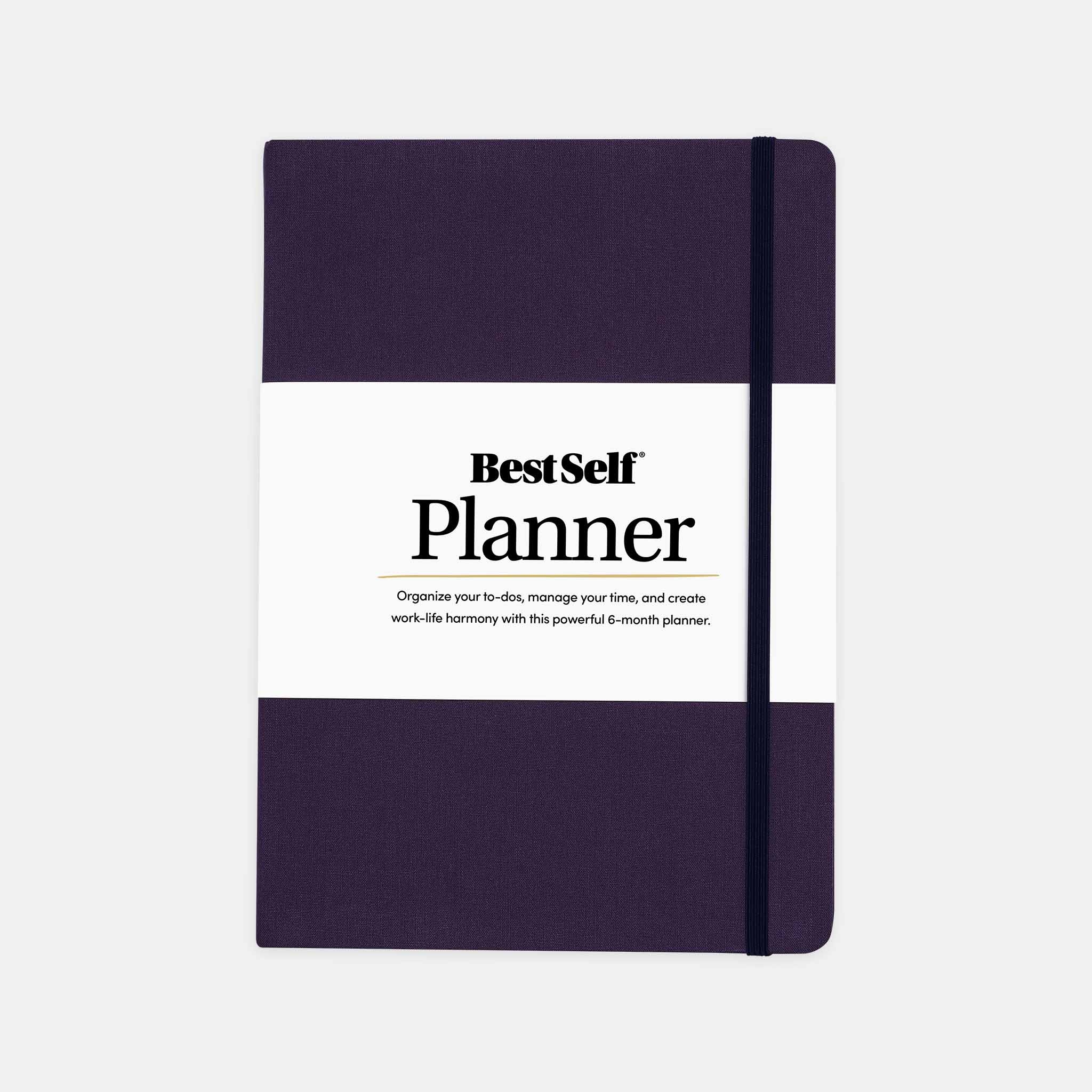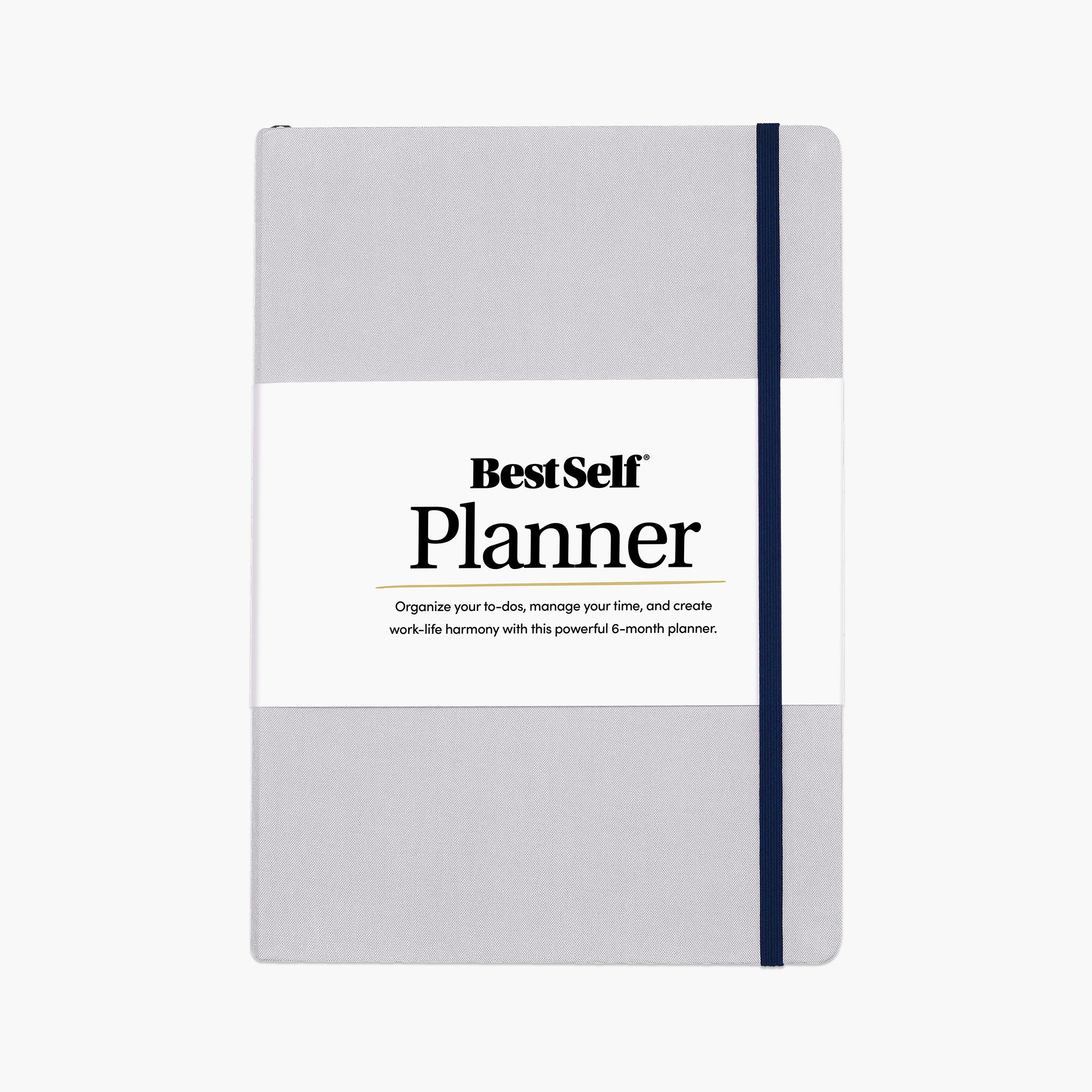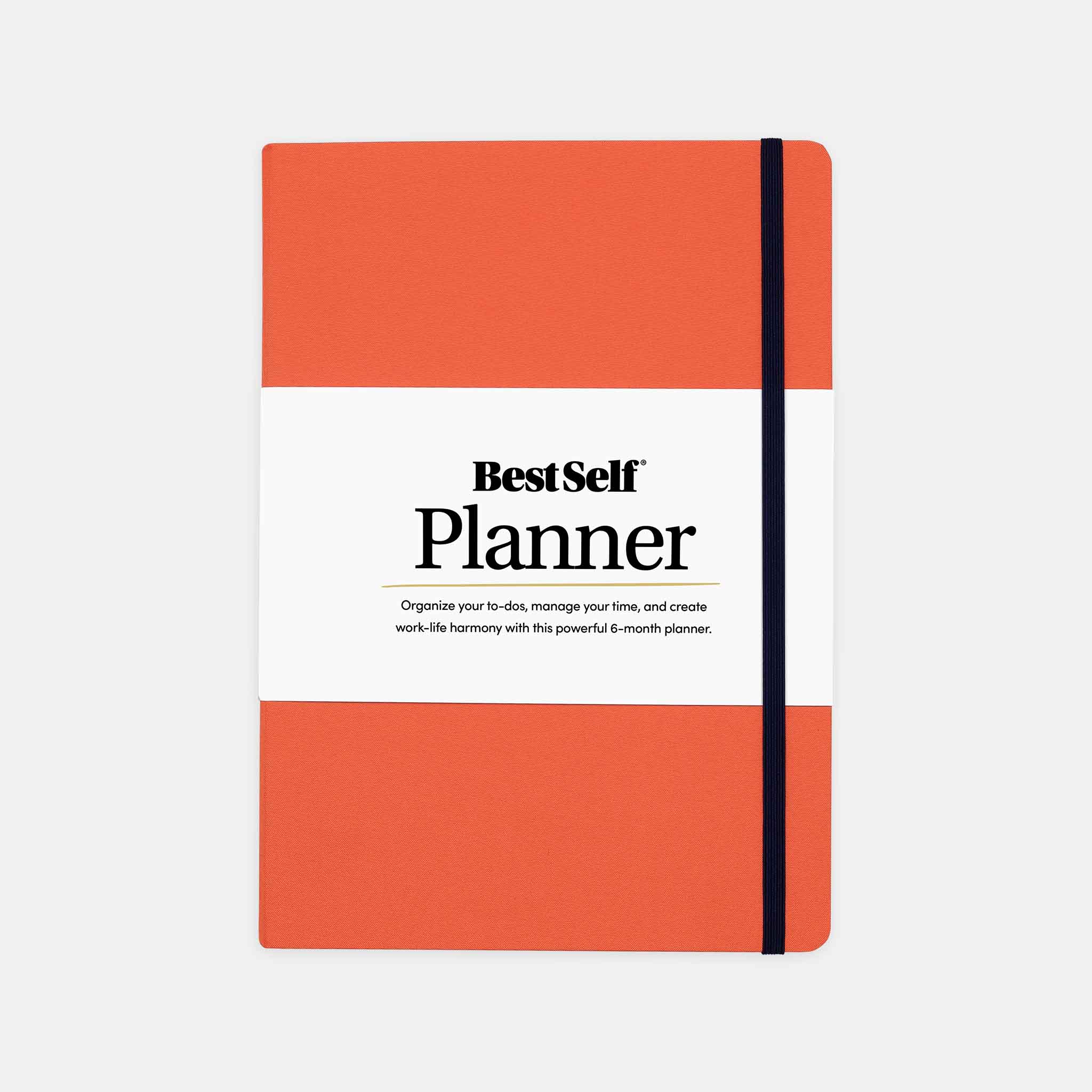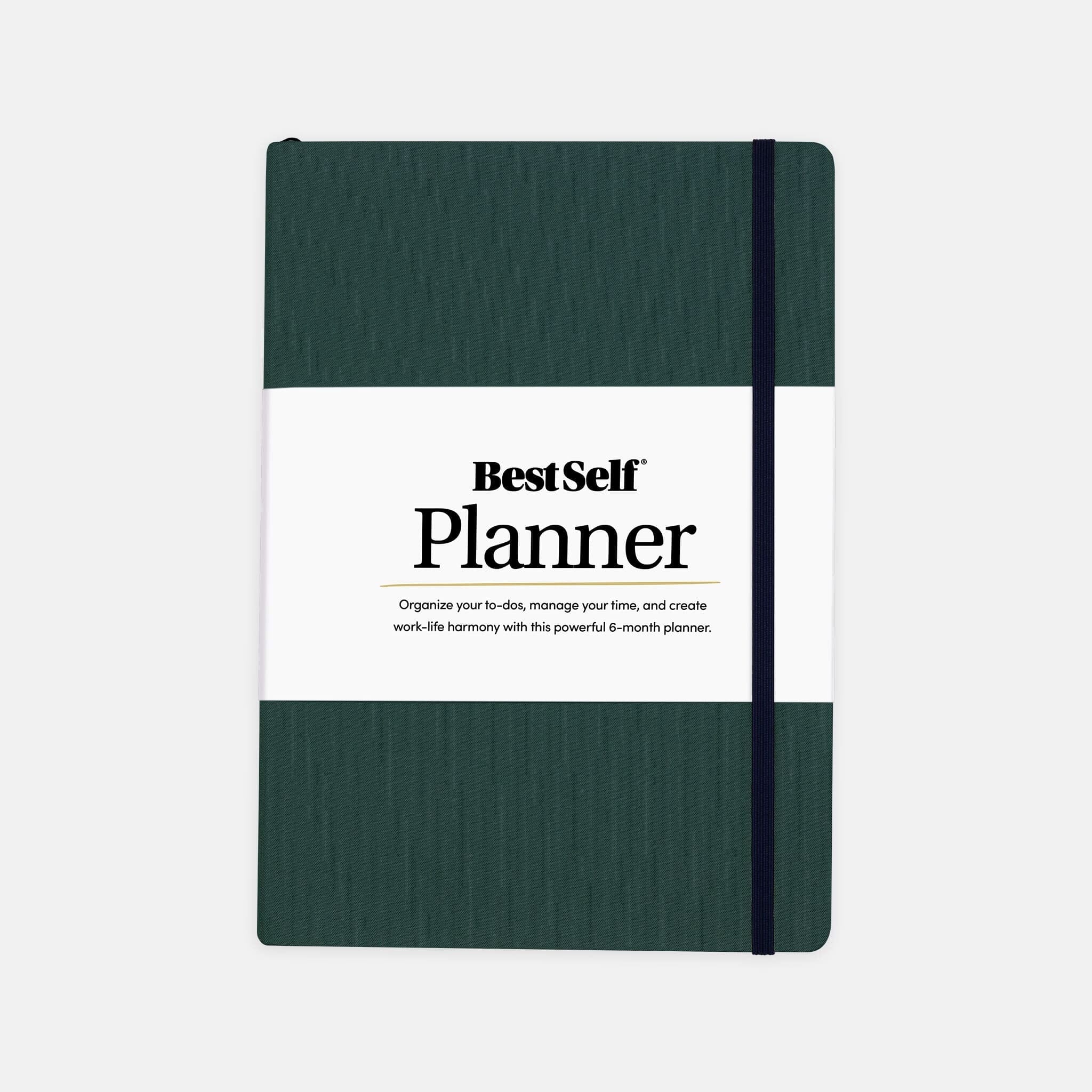For many of us, change is a paradox. We want it, but also we don’t!
On the one hand, we resist change because it’s so uncomfortable! Change requires us to get out of our comfort zone and do something different. But sometimes, change is non-negotiable - especially when you reach a point in your life where the status quo no longer satisfies. Whether it’s your health, your finances, your career, your relationships - even external circumstances - you feel called to do something different.
This creates a tipping point.
When the pain of things staying as they are exceeds the pain of creating something different, change happens.
But did you know that you can impact the pace at which change happens with the conversations you have?
Keep reading to discover FOUR proven techniques that will help you spark conversations for change in all areas of your life.
- Start with yourself
The most important conversations you have are the ones you conduct with yourself - and this takes a commitment to inner work.
Studies say that around 95% of the brain’s activity is subconscious. In short, our default thinking and responses happen on autopilot in reaction to our ingrained habits and belief systems.
If you’re unaware of your instinctive behaviors and thoughts, it’s harder to know who you are and what you want.
Journaling can help you discover the truth of who you are. Through the safety and privacy of your journal, you can:
• Explore your thoughts and feelings• Challenge your preconceptions and work through your blocks and triggers
• Get clearer on what you really want and what you stand for
In turn, when you do have important conversations, you can come at them from a place of self-awareness. You’ll have more confidence too because you’ll be able to express your thoughts and feelings to other people with more clarity and conviction.
And that certainty can help inspire other people to believe in the change you want to see.
- Active listening
Most people listen to speak, NOT to understand.
There’s a big difference.
If you only listen to speak, you’ll miss out on the nuances of the conversation. You’ll overlook important body language clues and facial expressions too - all of which could give you a more in-depth insight into how the other person is thinking and feeling.
In the absence of active listening, you also subconsciously communicate to the other person that you’re not overly interested in what they have to say - which could cause them to shut down and hold back.
Active listening can open doors because it makes people feel seen and heard. You practice active listening when you concentrate fully on the other person. You make eye contact, ask clarifying conversations to ensure you understand, reflect what you hear, and avoid getting distracted.
Master active listening, and you’ll create space where the conversations that matter can really go somewhere.
- Deep conversation
How often do we settle for surface-level chitchat when talking with another person?
It’s tempting to stick with those comfortable, easy topics that don’t push any buttons, but it’s not necessarily the right thing to do.
As people, we are deep.
Each of us is a rich plethora of experiences, insights, and passions - and meaningful, purposeful conversations allow us to get to know each other better.
In-depth conversations are a great way to uncover someone else’s objections and fears. Digging below the surface can help you better understand someone else’s motivations and behaviors too.
And all this knowledge will empower you to spark conversations that matter.
So take a risk!
Ask questions that dig below the surface - and see how much more connected you feel as a result.
- Be willing to be vulnerable
Conversations can feel exposing - especially when we’re sharing something controversial or talking about topics and issues that feel uncomfortable.
As social beings, we have an inherent need to feel included. This is why the fear of rejection, judgement, and criticism can cause us to hold back from what our heart wants to say.
Conversions for change DO take courage.
You have to be willing to be vulnerable and step out of your comfort zone. You’ll want to speak your truth - even if it feels confronting.
So let your guard down. Take a chance [this becomes easier once you’ve done the inner work outlined in point #1]. Speak your truth and share from your heart.
Allow your emotions to infuse your words and be real.
As Maya Angelou said, “Words mean more than what is set down on paper. It takes the human voice to infuse them with deeper meaning.”
As well as recruiting support for your vision, conversations are an incredible way to resolve issues, get clarity, and identify your best next steps.
In this way, conversations have the power to change who we are, what we think, what we do, and what other people do.
So let’s get talking 💕
Let’s talk - even when it feels uncomfortable.
Let’s share - even when it makes you feel scared.
Let’s go deeper - even though it’s vulnerable.
Because when we talk, empathy and compassion increases.
Understanding rises.
And positive change can emerge.
Discover Conversation Tools





